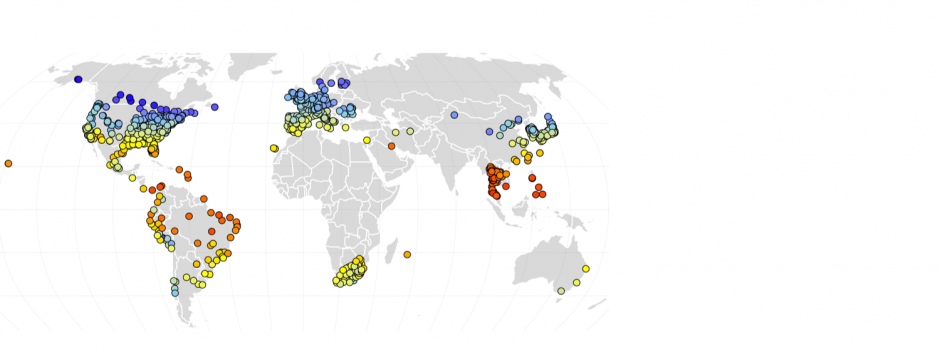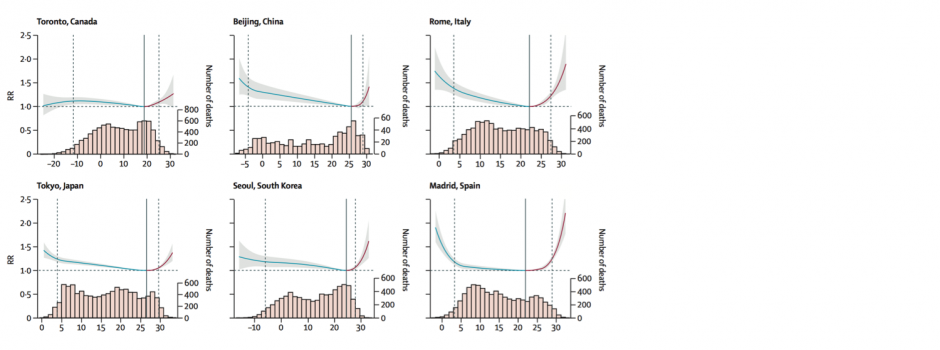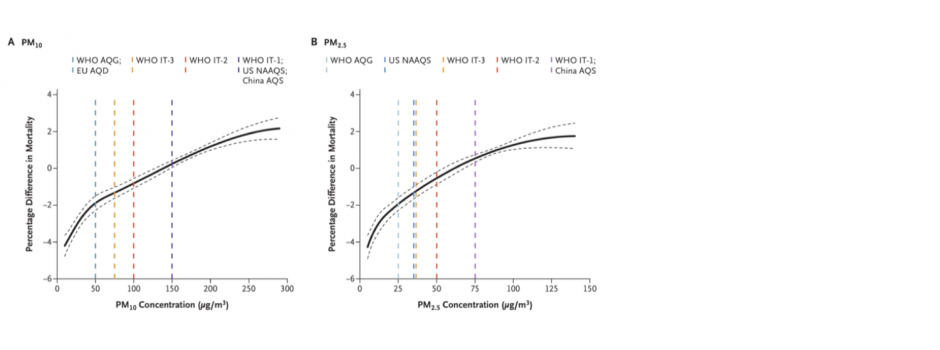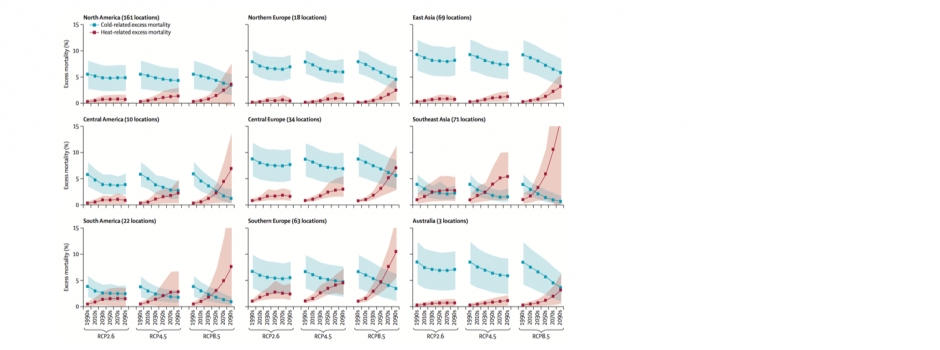Home
The Multi-Country Multi-City (MCC) Collaborative Research Network is an international collaboration of research teams working on a program aiming to produce epidemiological evidence on associations between environmental stressors, climate, and health. Interest on these topics has grown in the last few years among both researchers and the general public, due to recent events of extreme weather or pollution and to alarming climate change scenarios, all linked with increased health risks.
The research program benefits from the use of the largest dataset ever assembled for this purpose, including information on environmental exposures, health outcomes, and climate projections from hundreds of locations within several countries around the world. This allows standardized analyses on local data to address specific research questions on global environment-health associations, following a formalized yet flexible method of collaboration.
The MCC Collaborative Research Network has developed during the years, through correspondence between the participants and additional meetings held at scientific conferences. The MCC Collaborative Research Network is currently coordinated by the LSHTM research team, with the support of a Scientific Committee that supervises and directs the research work.
You can also follow the latest news and publications of the MCC Collaborative Research Network on Twitter at @mccstudy






